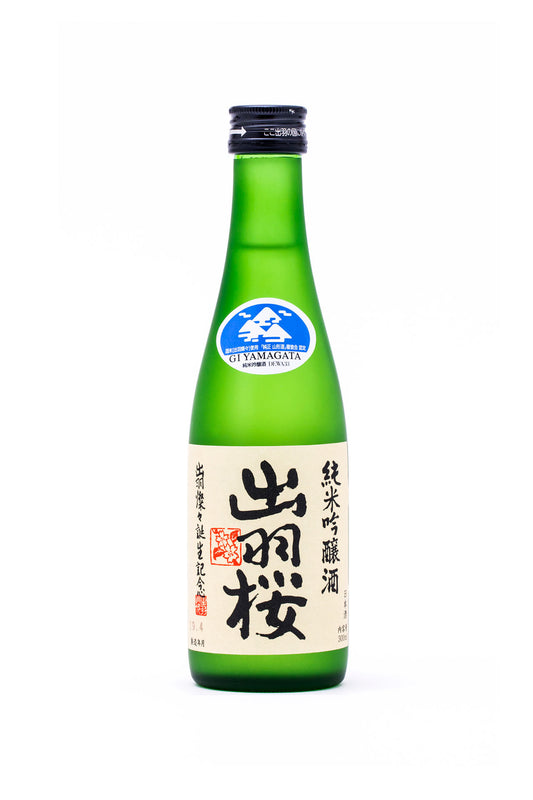-
Dewazakura Oka Ginjo
Regular price 17.690 FtRegular priceUnit price per -
 Sold out
Sold outMasumi Shiro Junmai Ginjo
Regular price 18.490 FtRegular priceUnit price per -
Koshi no Kanbai Tokusen Ginjo
Regular price 17.590 FtRegular priceUnit price per -
Dewazakura Dewasansan Junmai Ginjo
Regular price From 8.290 FtRegular priceUnit price per -

 Sold out
Sold outSake Fusion Gift (Coming Soon!)
Regular price 24.990 FtRegular priceUnit price per -
Tamagawa Ice Breaker Ginjo Nama Genshu
Regular price From 11.990 FtRegular priceUnit price per
How to you choose a sake category?
Junmai or non-junmai
The alcohol content of junmai , i.e. 'pure rice' type sakes comes 100% from the fermentation of rice. Their finish is usually longer, and their acidity can be a little higher.
Non-junmai or aruten type sakes contain a small amount of pure alcohol, which makes dry sake drier and aromatic sake even more fragrant. Their alcohol content will not be higher, as both Junmai and non-Junmai sake are diluted with water.
Junmai, Honjozo, Ginjo or Daiginjo?
The categories of premium sake are determined by the polishing ratio of the rice which the sake is made of, and whether it contains added alcohol or not. The lower the polishing ratio, the higher the price category.
Junmai: The polishing ratio of the rice is above 60% and it does not contain added pure alcohol.
Honjozo: The polishing ratio of the rice is 60-70% and contains a small amount of added alcohol.
Junmai Ginjo: The polishing ratio is 50-60%, it does not contain added pure alcohol.
Ginjo: The polishing ratio of the rice is 50-60% and contains a small amount of added alcohol.
Junmai Daiginjo: The polishing ratio of the rice is less than 50%, it does not contain added pure alcohol.
Daiginjo: The polishing ratio is less than 50% and contains a small amount of added alcohol.








